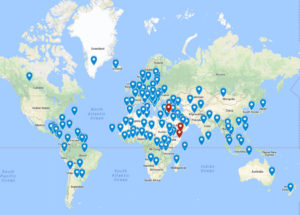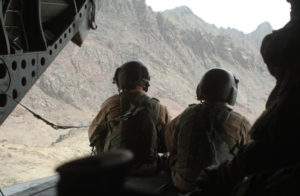The Ghosts Within: A Journalist’s Struggle With PTSD
After 13 years covering the U.S. war on drugs in Colombia, an investigative reporter begins a new journey with his family—learning how to live with an invisible illness. A Colombian soldier near a spot where 10 farmworkers were killed in 2012, reportedly by a drug-trafficking paramilitary group. (Luis Benavides / AP)
1
2
3
A Colombian soldier near a spot where 10 farmworkers were killed in 2012, reportedly by a drug-trafficking paramilitary group. (Luis Benavides / AP)
1
2
3
With an uncertain future and a new administration casting doubt on press freedoms, the danger is clear: The truth is at risk.
Now is the time to give. Your tax-deductible support allows us to dig deeper, delivering fearless investigative reporting and analysis that exposes what’s really happening — without compromise.
Stand with our courageous journalists. Donate today to protect a free press, uphold democracy and unearth untold stories.









You need to be a supporter to comment.
There are currently no responses to this article.
Be the first to respond.